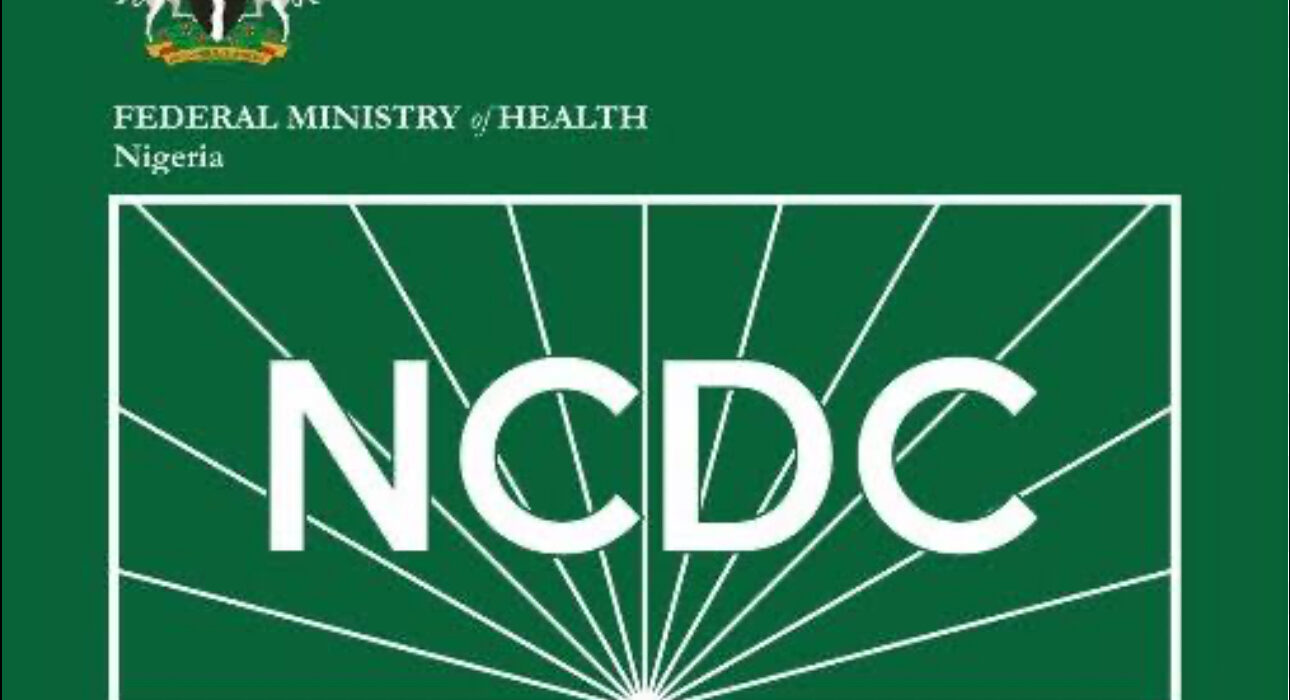NCDC Unveils Strategic Plan to Combat Antimicrobial Resistance in Nigeria

The Nigeria Centre for Disease Control and Prevention (NCDC) has unveiled a multi-pronged plan to combat the growing public health threat posed by antimicrobial resistance (AMR).
The new strategy, based on four strategic pillars, is Nigeria’s commitment to the “One Health” approach, which seeks to unite human, animal, and environmental health to tackle complex public health issues.
AMR, the ability of microbes to develop resistance to the action of medicines, threatens to reverse decades of medical progress. As one of the countries with rising levels of resistance, Nigeria has taken a big step by rolling out the Second National Action Plan (NAP 2.0) to strengthen national response efforts and safeguard public health.
Dr. Jide Idris, Director General of NCDC, highlighted the need for urgency in the initiative during the launch. “Antimicrobial resistance is a silent pandemic,” he explained. “This plan is our collective commitment to act proactively, through innovation, surveillance, and public engagement.”
The Four Pillars of the NCDC AMR Strategy
1. Equity Must Be Central
This column highlights the imperative of inclusive access to quality antimicrobials, diagnosis, and health care. NCDC states that combat against AMR must give priority to inclusion, especially among rural and poor communities, so that no segment of the country is marginalized.
2. Accountability Equals Inclusion
Transparency and local community engagement are at the heart of this pillar. NCDC attempts to create local level ownership of AMR solutions by engaging healthcare providers, civil society, and local institutions in decisionmaking and policymaking.
3. Innovation and Research
Adopting the rapid evolution character of resistant microorganisms, the approach calls for increased investment in scientific research and development, development of new medicines, and novel therapies. Private university, institute, and firm collaborations will become imperative.
4. Strengthening Surveillance System
A solid data-based surveillance system is important. NCDC seeks to intensify laboratory capacity and enhance genomic surveillance to pick up and track AMR developments rapidly and with efficiency.
Launch of National Action Plan 2.0
The plan is in alignment with the newly launched National Action Plan 2.0 (2023–2027) for AMR. The new roadmap has policy reforms, hospital antimicrobial stewardship programs, increased regulation of antibiotics, and enhanced reporting systems.
The approach has received support from partners such as the World Health Organization (WHO) and the Federal Ministry of Health, both of which emphasized Nigeria’s leadership role in the management of AMR in Africa.
Along with technology and policy, the NCDC is also laying a great deal of emphasis on public education. Ongoing campaigns are being held in an attempt to discourage self-medication, promote responsible use of antibiotics, and ensure compliance of patients to their prescribed medicine. Healthcare providers are also being educated on antimicrobial stewardship practices.
By this strategic rollout, the NCDC is positioning Nigeria not merely to stem AMR at the national level but to play a meaningful role in the endeavor worldwide to conserve the potency of antibiotics and other life-improving medication.
With Nigeria’s vision for AMR, a clear message resounds loud and clear: resistance can and must be treated comprehensively, inclusively, and scientifically.









